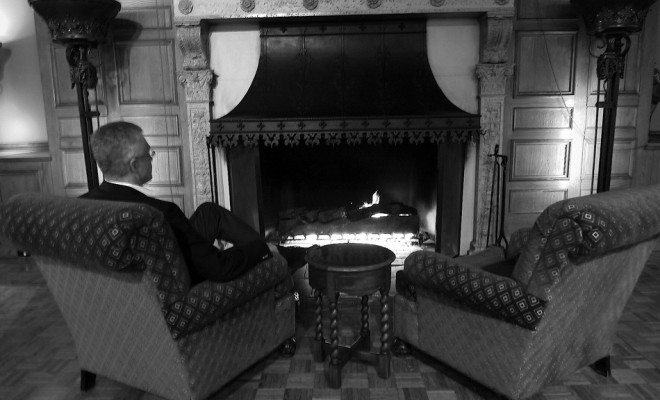 Image courtesy of [Ryan Wilson via Flickr
Image courtesy of [Ryan Wilson via Flickr
News
Lobbyists and American Politicians: How Cozy is Too Cozy?
American politicians and lobbyists have long had an uncomfortably entangled relationship. It makes sense–lobbyists usually have a lot of disposable income, and politicians know the importance of keeping friends around. In that vein, I’ve seen multiple news stories in recent days that indicate that lobbyists throwing lavish parties for the politicians they are trying to woo is increasingly the norm. As we approach election day in one of the most cash-heavy midterm elections ever, it’s easy to be concerned about the way that money and lobbyists can influence our elected leaders. A few recent incidents involving politicians and lobbyists–such as the high-profile case involving Missouri Attorney General Chris Koster has raised an important question–how cozy is too cozy?
The history of lobbying in the United States is a long one, and it’s intrinsic to our nations history. While the Founding Fathers probably didn’t foresee the high concentration of lobbying activities that we’ve all come to know and tolerate today, the idea that you can petition the government is viewed as a right all Americans have. It’s now a gigantic industry–OpenSecrets.org puts annual lobbying dollars spent in the billions, and estimates that unique lobbyists number roughly 12,000.
So what does this billion dollar industry do? Well according to recent analysis done by the New York times, a popular trend is essentially throwing massive parties for politicians who lobbyists are trying to pursue. In particular, there has been a recent push by lobbyists to woo Attorneys General, in order to attempt to influence investigations in particular states. For example, there were rumors that 5-Hour-Energy, the mini-energy drink, was going to be investigated by Attorneys General in multiple states. In return, Lobbyists attempted to stem the investigations by working with those Attorneys General who were seriously considering looking into 5-Hour-Energy’s advertising practices.
Missouri Attorney General Chris Koster has ended up being one of the principle players in the 5-Hour-Energy debate, as the New York Times alleges that Koster was basically wined and dined by lobbyists to stop looking into 5-Hour-Energy, as well as other transgressions. As the New York Time sums up interactions between Attorney General Koster and Lori Kalani, an attorney for Dickstein Shapiro who was working on behalf of 5-Hour-Energy:
Ms. Kalani’s firm, Dickstein Shapiro, had courted the attorney general at dinners and conferences and with thousands of dollars in campaign contributions. Mr. Koster told Ms. Kalani that he was unaware of the investigation, and he reached for his phone and called his office. By the end of the weekend, he had ordered his staff to pull out of the inquiry, a clear victory for 5-Hour Energy.
It’s not just Attorneys General that are accused of being susceptible to pretty intense wining and dining from lobbyists. CNN pointed out that some of our elected officials indulge in “weekend getaways” provided by lobbyists, where they get to stay at some of the nation’s most posh hotels. These vacations allow unique access for lobbyists. This isn’t really an issue divided by party lines, either, given that politicians from both sides of the aisle have been found to partake.
Most importantly, it’s not illegal. It’s barely even frowned-upon. As the influence of money in our elections grows, it’s likely that we’ll see dealings like those allegedly committed by Koster became even more common.








Comments